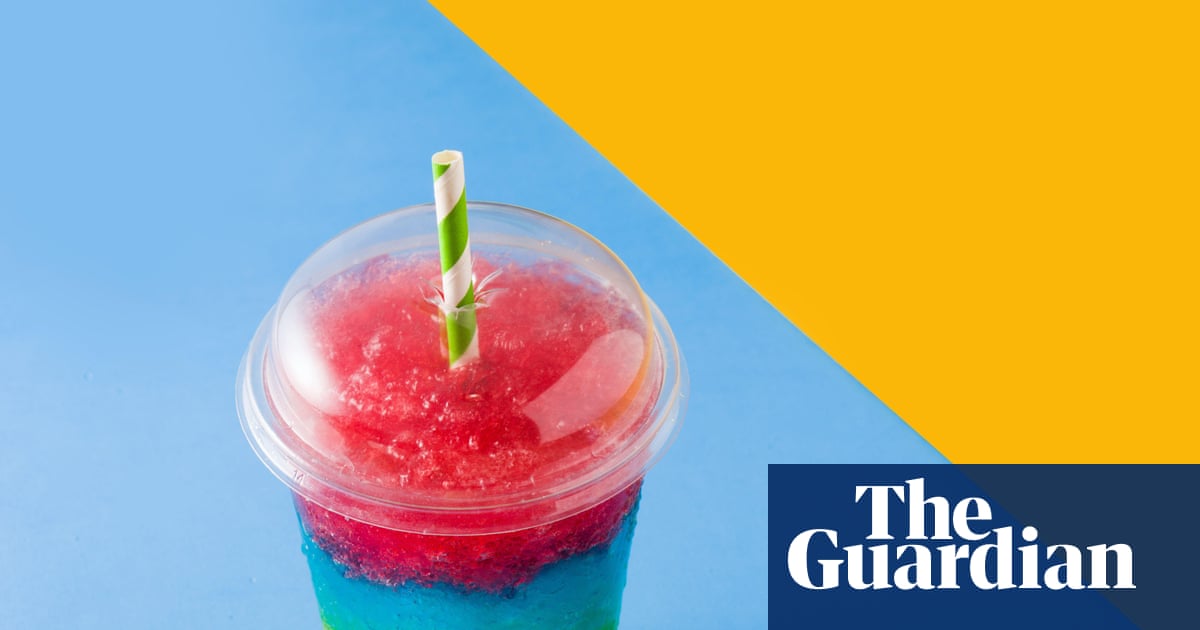Children under seven should not drink slushies containing glycerol because of the serious health risks they can cause, the Food Standards Agency (FSA) has said.
Glycerol is a naturally occurring alcohol and sugar substitute that helps slushies maintain their texture by preventing liquid from freezing solid.
Children who become ill as a result of drinking slushies develop glycerol intoxication syndrome, which causes symptoms such as decreased consciousness and low blood sugar. Other symptoms include lactic acidosis, which occurs when the body produces too much lactic acid, and hypokalaemia, or low potassium.
Previously, the FSA, the food safety body for England, Wales and Northern Ireland, had advised that children under four should not have slush ice drinks containing glycerol, and that consumption should be limited to no more than one slushie a day for children aged between five and 10 years. The FSA has revised its guidance before an expected seasonal spike in slush ice drink sales at children’s indoor play areas, leisure facilities and outdoor events over the summer holidays.
This latest advice also applies to ready-to-drink slush ice drinks with glycerol in pouches and home kits containing glycerol slush concentrates.
There have been nine confirmed cases of glycerol intoxication in young children who were admitted to hospital in the UK over the past three years.
In March, paediatricians warned that children under eight should not drink slushies that contain glycerol, after a review of the medical notes of 21 children who became acutely unwell shortly after drinking one.
Prof Robin May, the chief scientific adviser at the FSA, said: “As we head into the summer holidays, we want parents to be aware of the potential risks associated with slush ice drinks containing glycerol. While these drinks may seem harmless and side-effects are generally mild, they can, especially when consumed in large quantities over a short time, pose serious health risks to young children.
“That’s why we’re recommending that children under seven should not consume these drinks at all, and children aged seven to 10 should have no more than one 350ml serving.
“We’re working closely with industry to ensure appropriate warnings are in place wherever these drinks are sold, but in the meantime we are asking parents and carers to take extra care when buying drinks for young children, particularly during warmer months when consumption of ‘slushies’ typically increases.”
